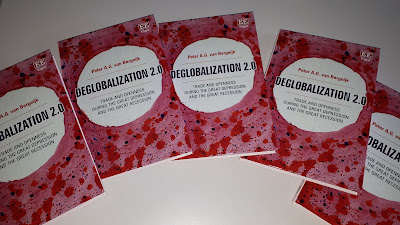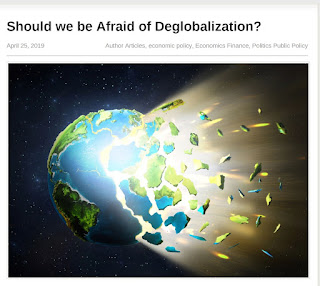Mario Arturo Ruiz Estrada, Donghyun Park, Alam Khan, and Muhammad Tahir. present a new model on the impact of terrorism on the deglobalization process. The channels are faster poverty expansion, largest flows of refugees, expansion of trade protectionism, and last but not least, the dramatic expansion of economic desgrowth. This new model is entitled “The Deglobalization Global Evaluation Model (DGE-Model) ”. The objective of the DGE-Model is to offer policy-makers and researchers a new analytical tool to study the impact of terrorism on the deglobalization process of Muslim countries. The applicability of the DGE-Model is not limited to a specific group of Muslim countries or regions, nor is it constrained by the development stage. In short, the DGE-Model is a simple, flexible and versatile tool to study the link between terrorism and deglobalization. They apply their model to three Muslim countries, namely Syria, Iraq, and Afghanistan for 1999 to 2018, a period which witnesse
















